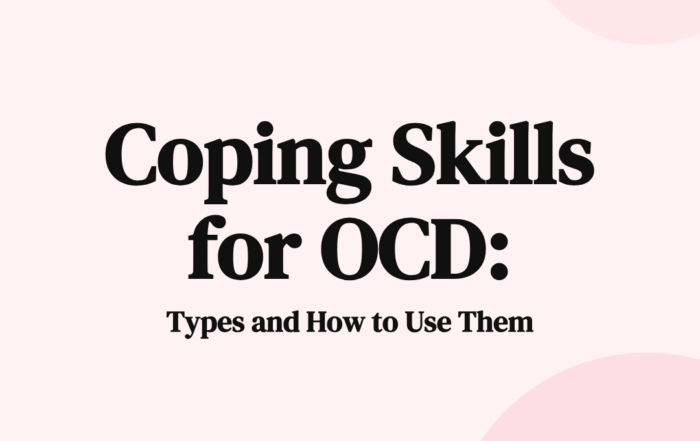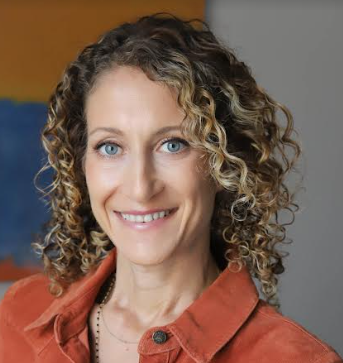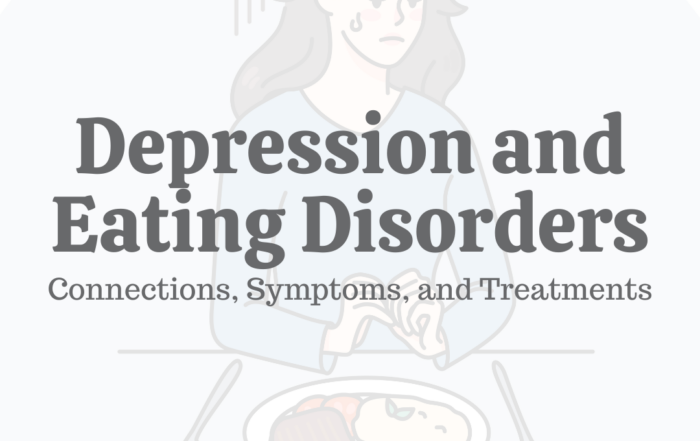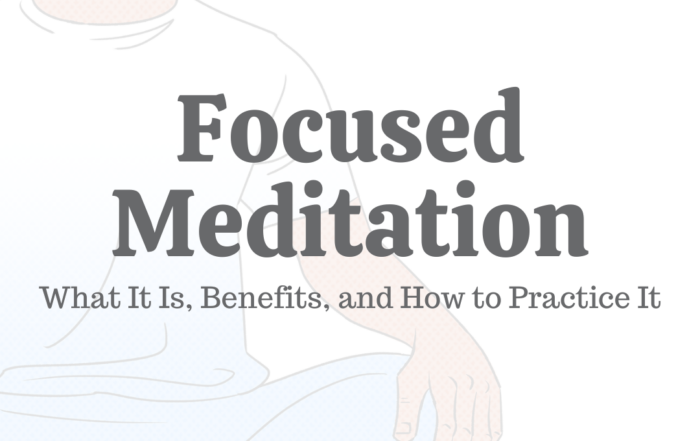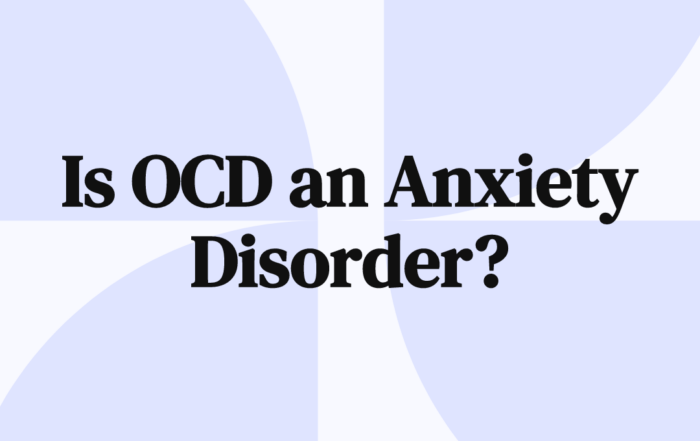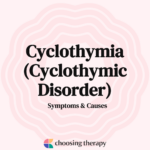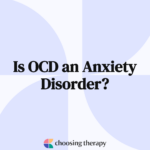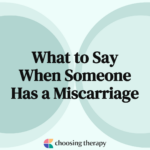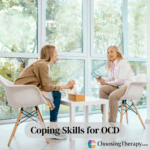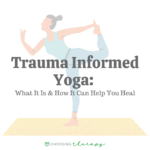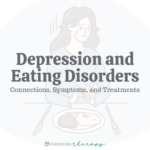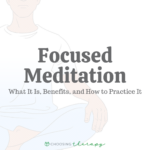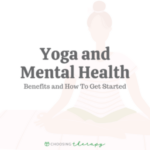Coping Skills for OCD: 6 Types & How to Use Them
Obsessions and compulsions can be disruptive to a person’s daily functioning, so finding effective ways of coping and managing symptoms of OCD is necessary for a person to gain control of their life again.
February 2, 2023
Depression & Eating Disorders: Are They Related?
Depression and eating disorders are two separate diagnoses that are almost always co-occurring. Between 50%-75% of people with eating disorders struggle with some form of depression,1 which makes it vital to understand diagnosis when considering identifying, diagnosing, and treating the person. It is more likely that someone with an eating disorder has depression, but depression can exist without the person having an eating disorder.
February 2, 2023
Focused Meditation: What It Is, Benefits, & How to Practice It
Focused attention meditation (or FAM) is a type of mindful meditation that involves focusing on one thing as a way of staying present. The purpose is to quiet the mind and come into the present. In focused meditation, the practitioner focuses on a statement or mantra, a visualization, a sound, or another sensory focus.
February 2, 2023
Is OCD an Anxiety Disorder? How to Tell the Difference
OCD and anxiety share overlapping clinical symptoms but are diagnostically distinguishable conditions. Differences between OCD and anxiety include various symptoms, thought patterns, and behaviors. Recognizing these dissimilarities can guide choices and goals for treatment.
February 2, 2023
